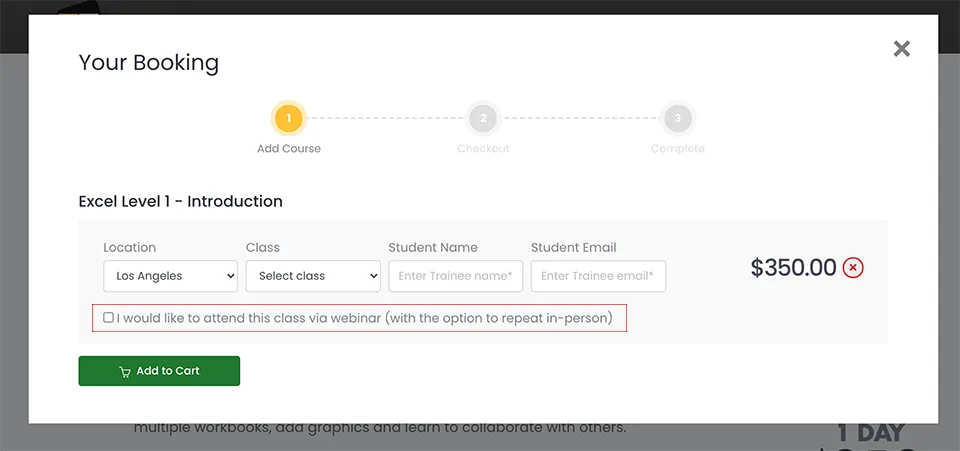Constructing Sentences
This article will discuss the parts of a sentence, its proper punctuation, and the four kinds of sentences. Also see spelling and grammar.
Need to improve your Business writing skills? Why not join one of our business writing classes? Call us on 888.815.0604 for more information.

Parts of a Sentence
A complete sentence has two parts: a subject and a predicate.
The subject is what the sentence is about. It is usually a noun or pronoun. The predicate tells something about the subject. It is often indicated by an action verb or a linking verb.
Example: “The committee recommends a full inquiry over this matter.”
The subject is ‘The committee’ and the predicate is ‘recommends a full inquiry over this matter.’
Subjects and predicate can be simple and complex, so length does not determine what a subject and a predicate is.
Complete sentences are advisable in business writing. Aside from subscribing to the more formal format typical in most business document, complete sentences are what make sense.
Punctuation
Punctuations are standard marks in writing used to separate words, clauses, and sentences. The use of punctuations can affect a text’s readability, flow, and even meaning.
Commonly used punctuations include:
- Period (.) - used to end a sentence, indicating a full stop. Periods are also used after initials and abbreviations.
- Question Mark (?) - used after a question.
- Exclamation Point (!) - used after statements expressed with strong emotion.
- Comma (,) - used to separate items in a series. Also used before and, but, or, nor, for, so, and yet, when they join independent clauses (unless the clauses are short). It is also used to separate items that interrupt a series.
- Colon (:) - used to mean “note what follows,” and is typically succeeded by an elaboration, summation, interpretation of what it precedes.
- Apostrophe (‘) - used to show belonging or to indicate the omission of letters in a word.
- Semicolon (;) - used to link independent clauses not joined by a coordinating conjunction. As a rule, use a semicolon to end complete sentences in cases where you’re not indicating a full stop.
Visit our Business Skills Resources Library.
Types of Sentences
Four Kinds of Sentences:
- Declarative: The most commonly used sentence type in business writing, these are sentences that make a statement. They end with a period.
Example: We are writing to inform you that your account would be expiring in ten days.
- Interrogative: These are sentences that ask a question. They end in a question mark. Interrogative questions don’t necessarily follow the format of subject + predicate.
Example: Would you be format renewing your account this year?
- Imperative: These are sentences that give a command or make a request. They usually end with a period, though sometimes they can end with an exclamation point (although to do so is not recommended in business writing).
Imperative sentences are advisable when you’re making a ‘to-do’ list, creating an agenda or are outlining an instructional manual.
Example: Please inform Joseph that we would be expecting his payment on Monday.
- Exclamatory: These are sentences that express strong feeling. They usually end with an exclamation mark.
Example: Congratulations for getting promoted to Vice-President!
Also read How to write a Business Proposal
